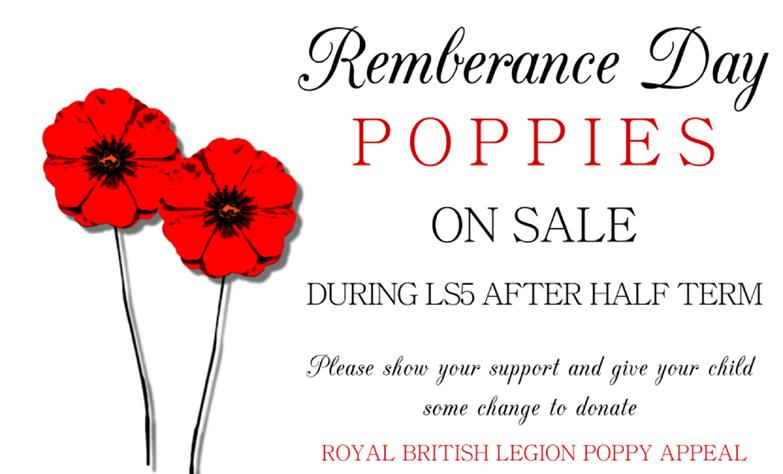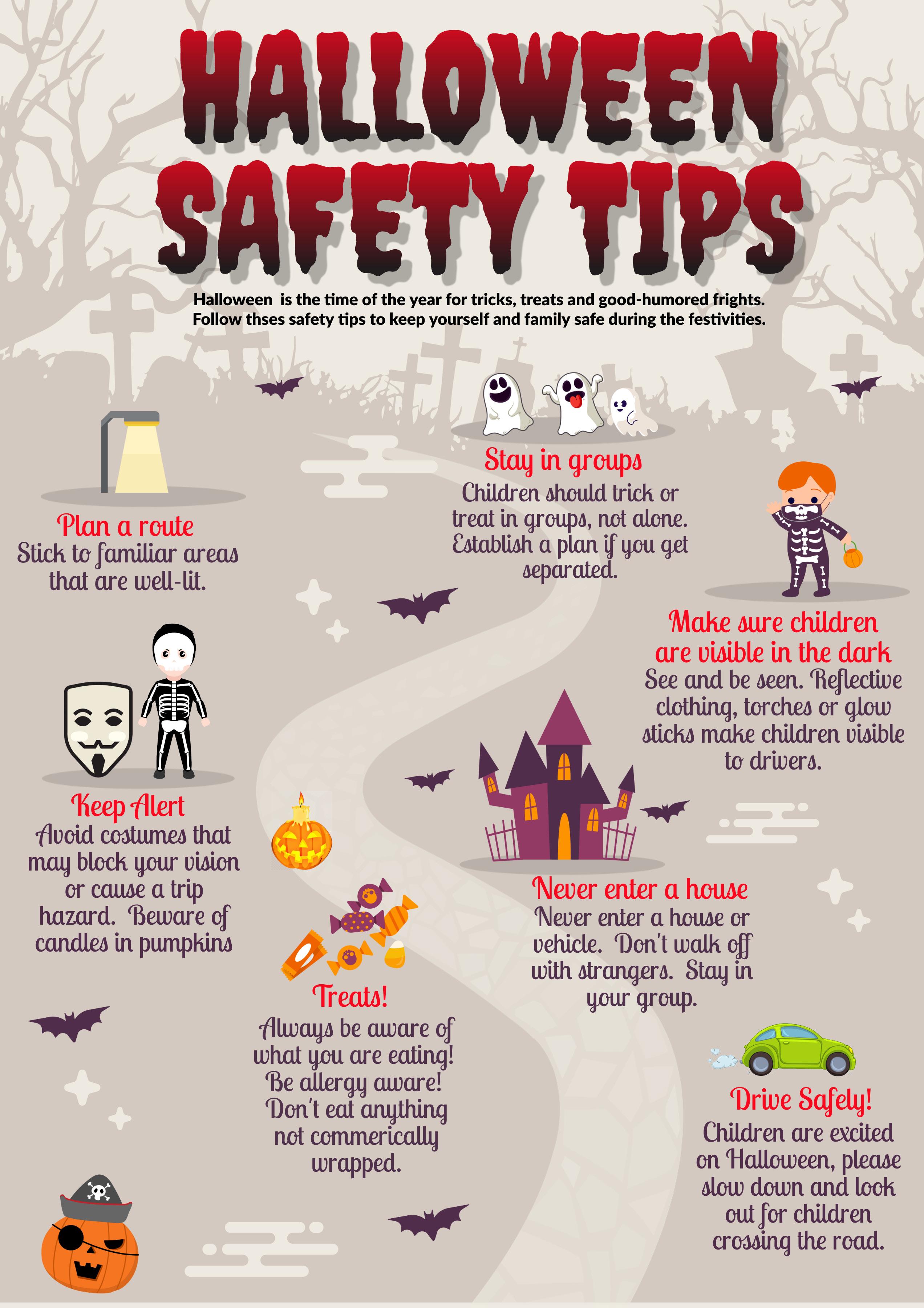HEADLINES
By James SaundersSPACED LEARNING

I would like to thank our whole community for such an amazing start to the term. If you have had an opportunity to visit during the day you will have seen focused, polite and happy learners engaged in their learning and a calm and purposeful climate. I am proud of the hard work of our staff and learners. Without them, none of this would be possible. It has certainly been a busy, and at times intense, start to the term.
Everyone now deserves a well earned rest over the half term break.
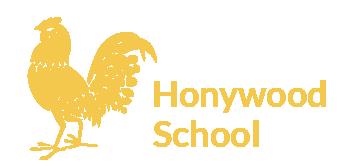
Each half term and holiday I usually find a TV show that I have heard about and binge watch it in one go. It is the only time I have to keep up with the zeitgeist. The notion of binge watching is something that was just not a part of my childhood or indeed early adulthood.
I guess it all started with box sets but more recently is available through online streaming such as Netflix or Disney+. My longest session was season 1-3 of 24; it was exhausting - 72 episodes back-to-back.
Why am I going on about box sets? I want to take the opportunity to talk about spaced learning. Spaced learning is connected to the process of moving learning from short term to long term memory - this is what ensures greater exam success. I would like to use boxsets as a way to illustrate this concept. You see when a regular series like Game of Thrones is broadcast each episode tends to be a week apart. When I look back on my 24 days, the one series that stands out in my memory is series eight: the one that I watched every Sunday for 24 weeks. Sure, I can remember parts of series 1-3 but I don’t remember them as clearly as series eight and I don’t feel as emotionally invested in the characters - because I didn’t commit as much to my long term memory. Each episode started with a recap of the previous week. Just as the memory of what happened before was fading, this little recap helped to bring it back to the front of my mind so that the next part of the story would be easier to follow. By
watching the series this way, the way it was originally intended, I was able to learn and remember so much more of the narrative and plot. Each weekly revisit and refocus helped to move what I had learnt from my short term to my long term memory in a way that never happened when I watched the whole thing in one go.
Now let’s apply that to learning. Imagine that you learn a load of stuff in a short space of time (just like a binge watch) and then test yourself on it at the end. Imagine you do quite well in that test. Does it mean you have learnt it? The real test is if you were to test yourself again a day, a week, a month or a year later. If all we do is commit stuff to our short term memory we are not really learning. This brings me onto spaced learning. It supports the way our brains actually work, according to basic neuroscience and psychology research.
Spaced learning involves a series of short, intense learning sessions with increased learner participation, separated by short intervals in which learners do a completely different activity (Emsley, 2016).
Spaced learning is often paired up with a method known as interleaving:
Interleaving refers to the benefits of sequencing learning tasks so that similar items – two examples of the same concept, say – are interspersed with different types of items rather than being consecutive. This results in a more variable and challenging task but is associated with benefits in terms of memory and transfer, which apply to concept learning as well as other domains (Kang, 2016).
Combined, these two methods really represent what happens when comparing a binge watch to watching over time. Recently I have seen a lot of teachers doing tests with their class to check their understanding of the content that has been taught this term. I have done this myself in my computing lesson. However,
we will not be leaving it there as learners need to revisit learning at intervals to ensure the process of moving it into long term memory occurs.
If you are interested in spaced learning and want to find out more here are a few useful links to a blog post, an education endowment foundation study and an article from the chartered college of teaching: https://3starlearningexperiences.wordpress. com/2017/10/31/tips-and-tricks-for-spacedlearning/
https://educationendowmentfoundation.org.uk/ public/files/Projects/Evaluation_Reports/EEF_ Project_Report_SpacedLearning.pdf
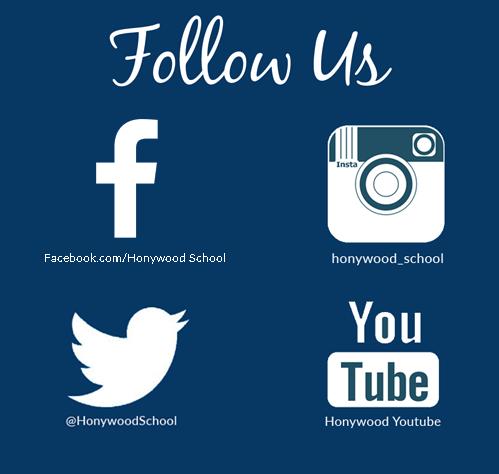
https://impact.chartered.college/article/firthspacing-interleaving-classroom/
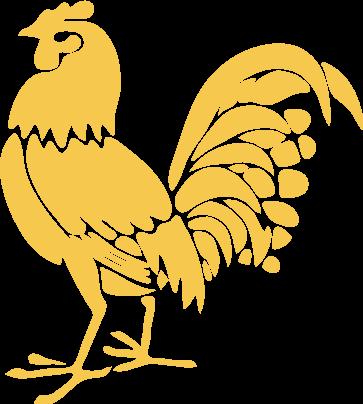
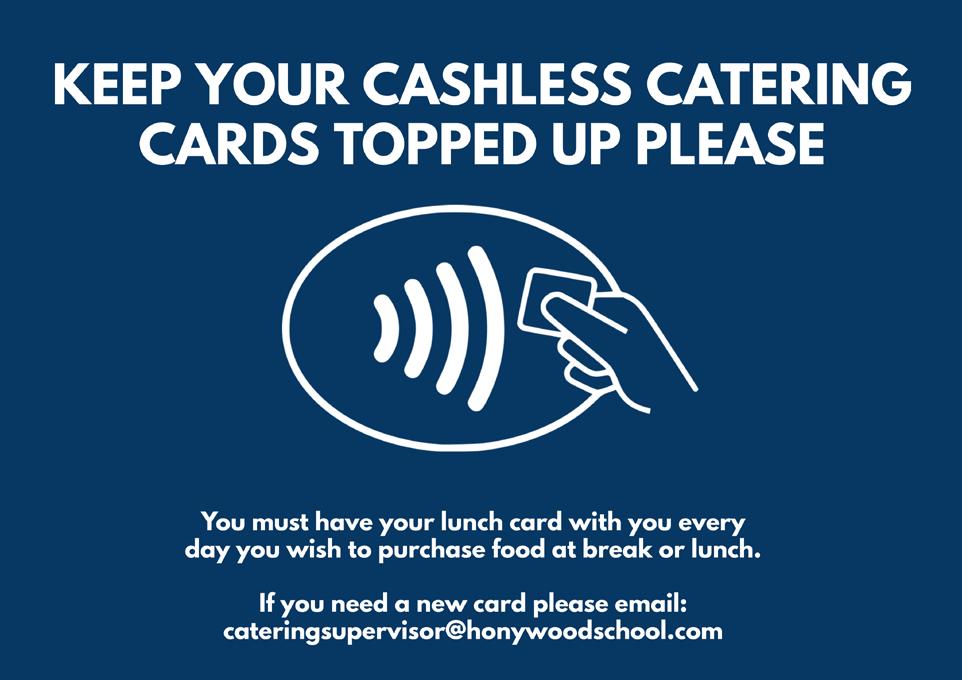
The weather is starting to turn now and is becoming a lot wetter and colder so I recommend all learners bring a coat with them when they return. I wish you all a safe and restful half term.
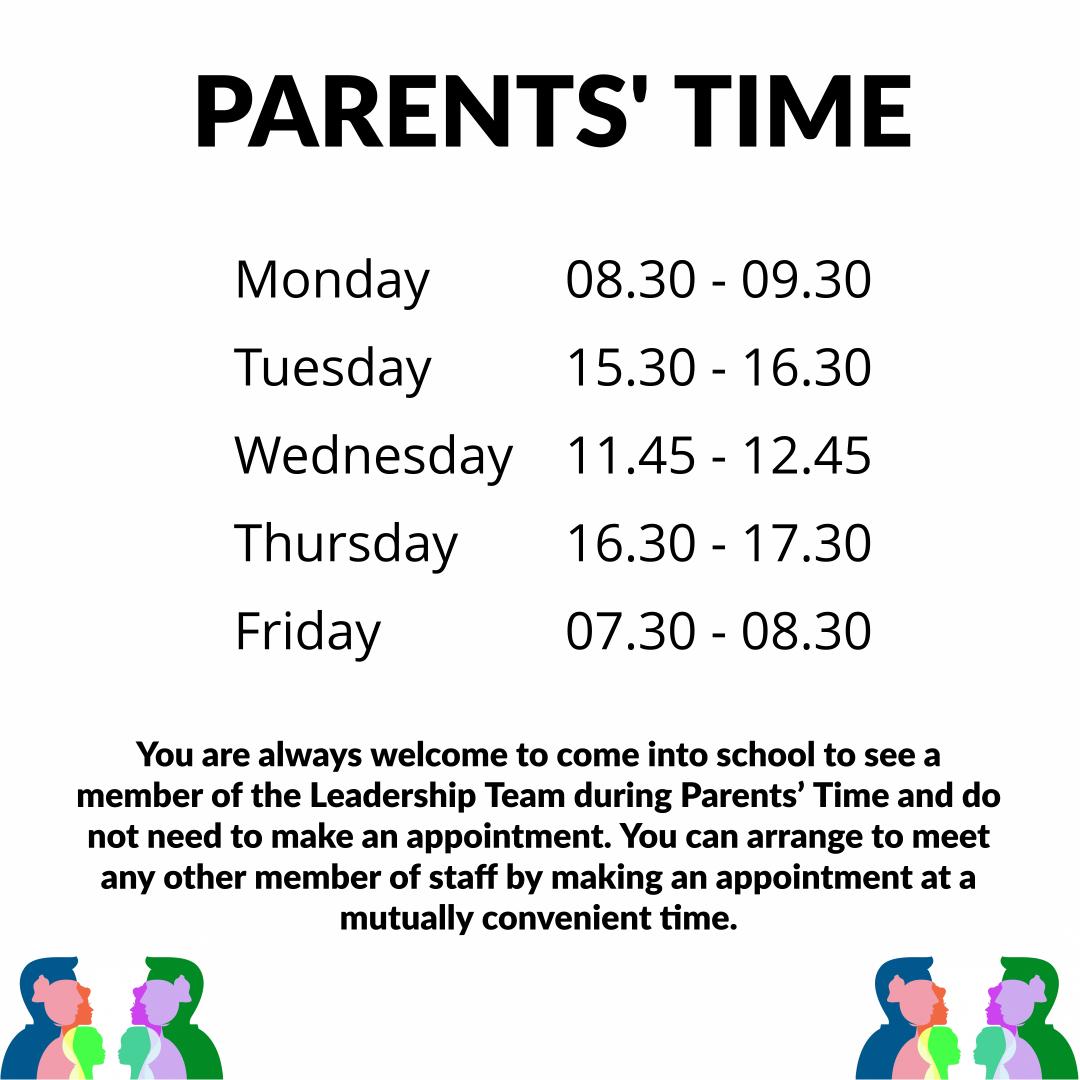
Congratulations to the following learners who have been awarded the Chief Scout Gold award this term. This is the highest award that children can achieve in the Scout section and is equivalent to the bronze Duke of Edinburgh award. To complete the award, they must take part in Expedition Hike, complete the Leadership award, demonstrate Outdoor skills and take part in activities like paddle boarding, sailing, shooting, axe throwing and archery.
Well done to: Alfie Evans, William Harvey, Dominic Scherer and Nathan Succamore.
A further two learners will be finishing their award by Christmas: Aiden Holt and Jack Hammond.
James SaundersSCHOOL DATA
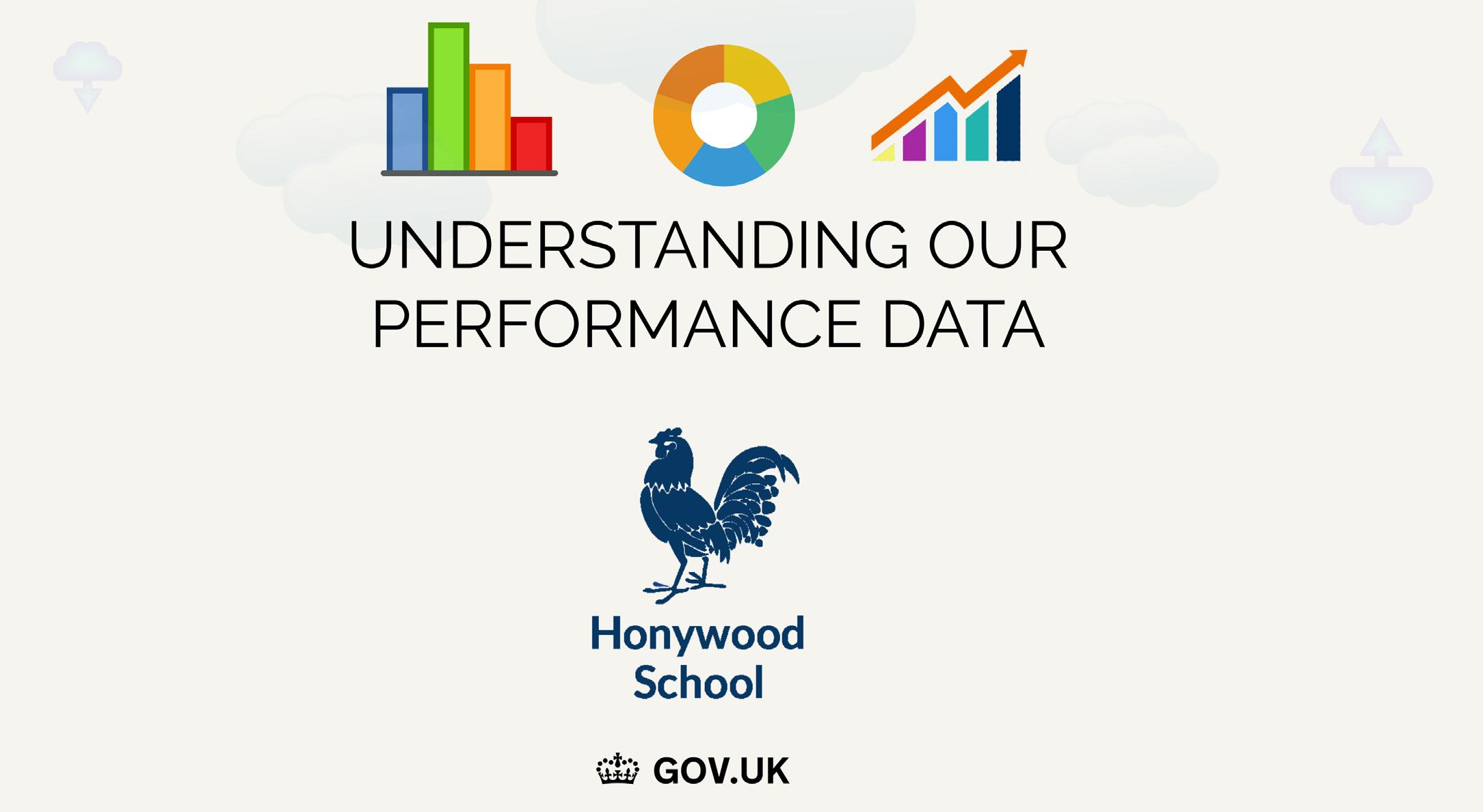
The government has published performance data from the summer 2022 exams for all secondary schools. Please click below to view the letter from Mr Saunders.
Honywood U15 & U13 Table Tennis
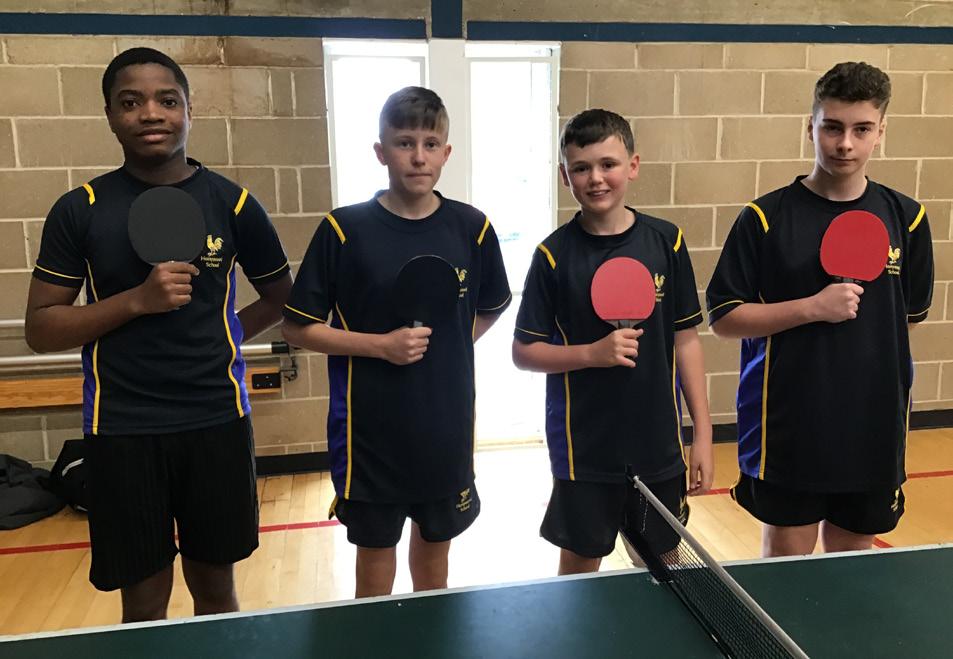
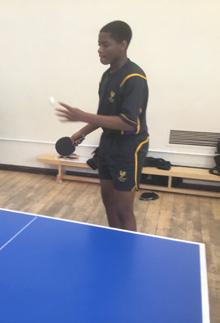
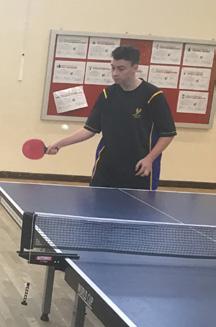
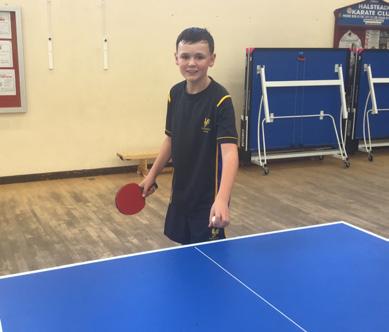
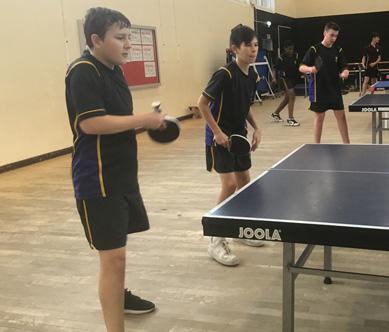
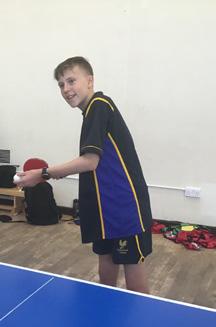
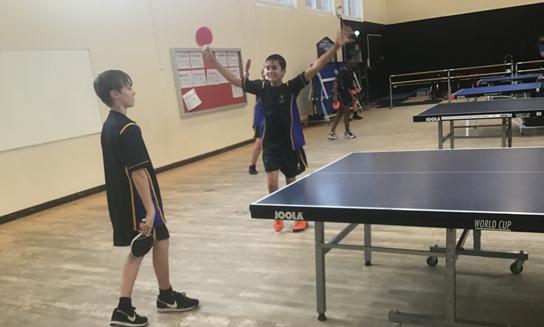
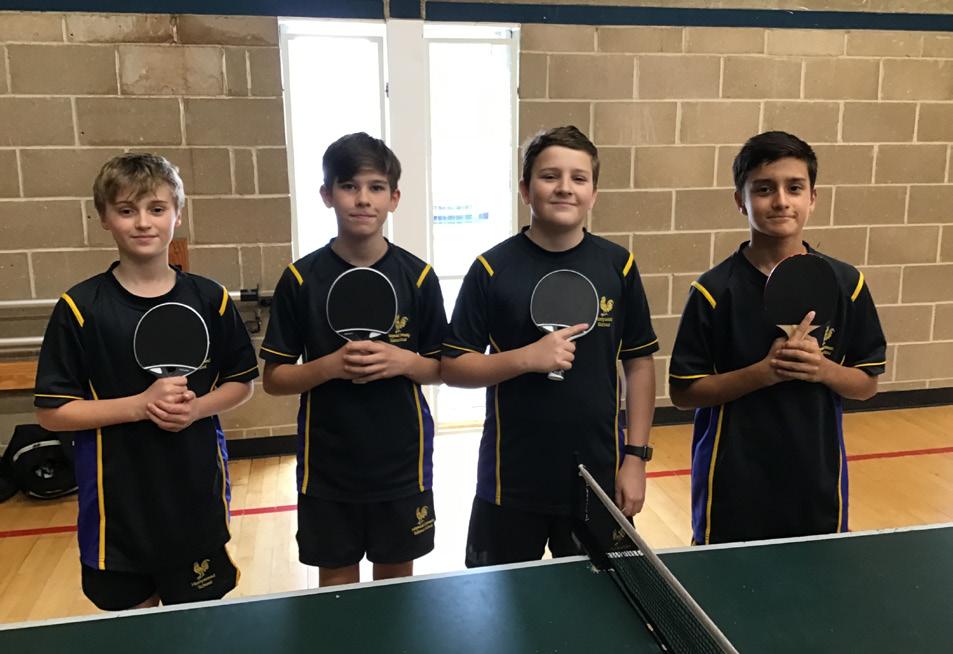
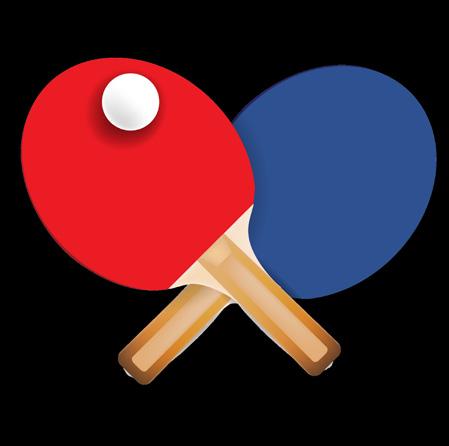
This was a very successful first fixture for the U13 and U15 Table Tennis team at Ramsey Academy. The teams were selected from the daily table tennis club and there was some great talent on show. Every player won their singles games convincingly and the four doubles games were also all won by Honywood. All players demonstrated great speed, accuracy, anticipation and skill in winning their matches. The lunch time club has helped them all to develop these attributes and they should be proud of their success.
The U13 team was George Golbourn (Capt), Nathan Humphreys, Callum Rider and Fraser Vass. The U15 team was William Harvey (Capt) Zac Hazell, Ola Arowosegbe and James McCully. WELL DONE!
To celebrate National Poetry Day, the Learner Leadership Team, led by Finlay Newton launched a poetry competition for KS3. It was wonderful to see so many poems submitted to the competition and every learner who submitted a poem will receive 5 House Points. The Lead Learner for Culture, Finlay and his team of prefects, along with Mrs Frogley read through the poems looking at originality, creativity and how well the poem met the brief to reflect “the environment”. The standard from all of the learners who submitted a poem was extremely high! The winner of the competition was Callum Overy in 7EST with his poem “My Overview of the Earth”. Second runner up was Henry Parsons 7CTi with his poem “Friend or Foe” and 3rd runner up Lily Short, 7RPh/GWa with a poem “Pollution”. Well done to everyone!

Thank you to all the learners who submitted entries to the competition. 7ESt (group effort), Alex Gray 7CTi, Bella Latifi 7RFl/HRa, Callum Bones 7MHa, Chloe Dumbrell 7KHo/LMo, Daniel Burger 7MHa, Darci Marangou 7KHo/LMo, Ellis Eyre 7RFl/HRa, Elvie Foster 7RFl/HRa, Emily Gwyther 7KHo/LMo, Erin James 7RFl/HRa, Evie Hammond 7JSo, Harvey Croft 7RFl/HRa, Joseph Dooley 7RFl/HRa, Kerenza Pheonix-Todd 7Est, Leo Bunch 7RPh/GWa, Liam Smith 7KHo/LMo, Mairead Copley 7CTi, Mary McLeod 7Est, Sam Adams 7KHo/LMo, Saskia Kemp 7MHa, Sophie Collard, Amy Bullus and Bethany Watson 7Est, Sophie Jobson 7RFl/HRa, Stanley Pyne, Thomas Sapsford and Harry Irwin 7KHo/LMo, Tegan Crick 7RPh/GWa, Toby Segrott 7RPh/ GWa, Tom Ross 7MHa, Tom Smy 7Est, Zaina Ibrahim 7MHa
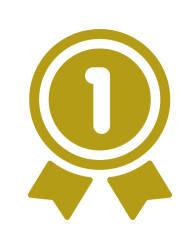
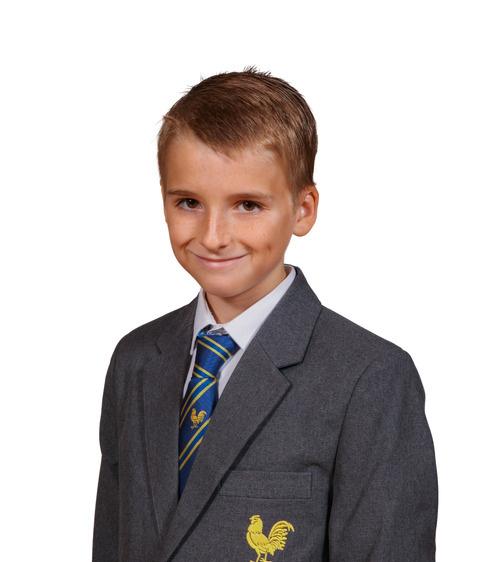
My Overview of Earth.
The movement of the earth’s tectonic plates, Can make horrific earthquakes. From rich countries draining fossil fuels, To poor countries exploiting their mules. All the erosion is caused by friction, Could all this be a work of fiction. The world’s climate is either hot or cold, Everyone littering isn’t very bold. All the animals that live high in the trees, To the endangered population of bumble bees. There are eight planets that orbit the sun, But trees and animals only inhabit one.
The oceans and rivers are home to fish, But its not only humans with a wish.
If you want to be an environmental hero, Let’s get this planet to carbon zero.
By Callum OveryFriend or Foe?
Friend or foe?
Friend says the lady whose carrier bag helps her to carry her shopping.
Foe says the child collecting rubbish on the beach.
Friend or foe?
Friend says the little girl collecting conkers in her carrier bag. Foe says the teenager helping sea turtles in distress.
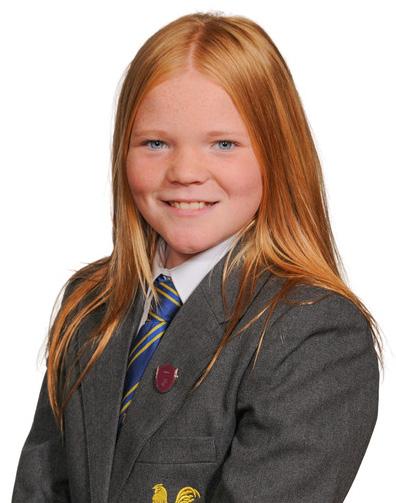
Friend or foe?
Friend says the boy carrying a PE bag to school. Foe says the man seeing it mushed in the soil.
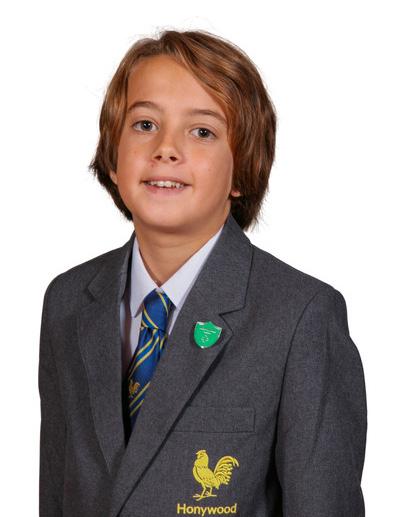
Friend or Foe?
Friend says the coach carrying the footballs to the pitch. Foe says the road cleaner, who is dredging the ditch.
I am helpful. I am hurtful. I am yours to keep or throw away. I am light but I am strong.
I am silky and smooth. I am tough. I am thin even when full. Sometimes I buckle under pressure.
I can be reused, recycled and refuse, I am a faithful friend but if I am not used carefully, I may be your foe, My name is Carrier Bag.
By Henry Parsons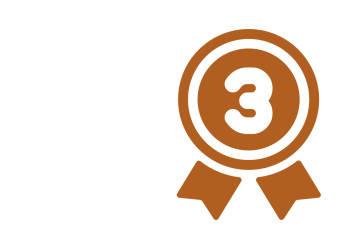
Plastics being dropped in the ocean by the millions of tonnes each year On the road there’s currently 23 million cars polluting the atmosphere
Like a garbage bag we’re filling our seas with pollution
Like the wind the pollution in our seas rattles around boisterously Us humans can help stop this from being permanent if we act quick
This day we shall stop!
Is it too late to stop?
O zone has already been damaged but can we still fix it? Now is the time to see if we can make a difference
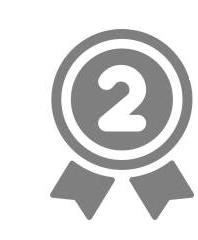 By Lily Short
By Lily Short

